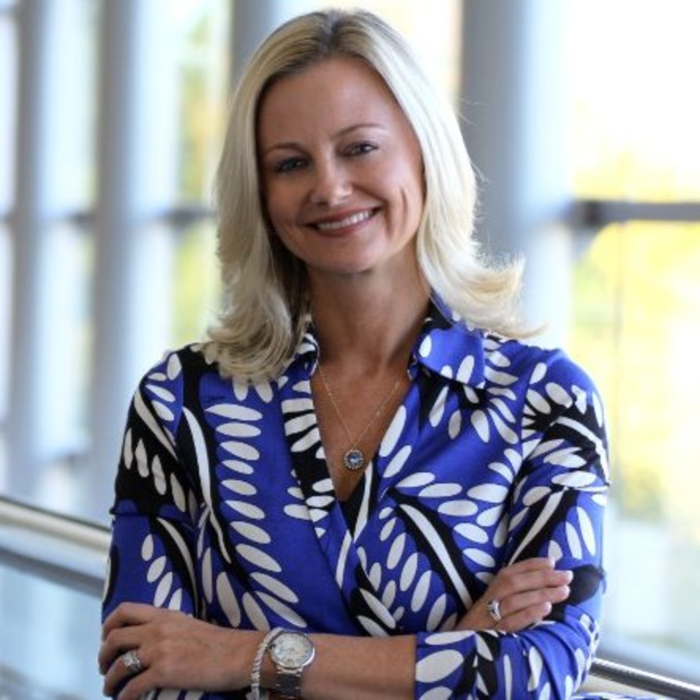“It’s been a bit of a whirlwind.”
That’s how Alicia Tillman characterized her first three months in the CMO seat at SAP, the Germany-headquartered multinational software giant. Of course, she’s not new to the SAP family, having spent almost three years as CMO of SAP Ariba, the cloud procurement and trading platform. Her new role bears similarities to her previous position, she said: “But there’s an ability to scale what was at the core of SAP Ariba. For example, when I was at Ariba, we had a team focused on how to make procurement awesome.” The mission across the SAP eco-system is broader, but distills down to “how you can help customers solve problems they face every day.”
Doing good in the world
But that’s only one side of the coin, for Tillman. She’s also concerned with “how you help companies do good in the world and have a sense of purpose.” Following from SAP Ariba’s initiative to address slavery in the supply chain, Tillman is thinking about how to scale awareness of environmental, economic, and societal challenges across the whole of SAP.
With “so many different data sources,” she said, “and tens of thousands of customers across various networks — Fieldglass, Hybris, Ariba — there’s a tremendous amount of information.” And the information can be used in a purpose-focused way to surface significant societal challenges. The Ariba network, used by 75% of Global 2000 companies, had the power to insist on transparency and fair labor practices from suppliers and sub-suppliers, right down the chain.
Slave labor, Tillman said, remains a huge issue in the supply chain. “The fact that it exists in our modern environment is disturbing to say the least, and I think we can have a big impact there.” She explained that she sees societal and environmental issues as intertwined. Sustainable agriculture, for example, might seem to be an isolated environmental issue, but it has an impact on societal movement and behavior.
On a different note, SAP just unveiled a solution which will use machine learning algorithms to detect the language of bias in the recruitment process.
The power of &
Tillman views machine learning — and AI generally — as “beautiful technologies which are connecting different lines of business across SAP.” Predictive analytics, powered by AI, is an integration point for the SAP businesses. For example, predictive analytics applied to weather patterns will have significance for Concur, the SAP platform for business travel management; but also for the Ariba network, if weather events compel businesses to look for alternative suppliers, and suppliers to change their recruitment plans. This is part, at least, of what SAP means by “the power of &.”
SAP’s software offerings clearly range far beyond marketing, but Tillman’s emphasis on the way data and technology can support the entirety of a business made me ask her the same question I asked a number of thought leaders at the Boston MarTech conference recently. Which business function owns these capabilities?
“It will vary by industry,” she said, reasonably enough. “We haven’t seen it consistently being managed by the same [function]. We would agree that marketing plays a significant role in a number of areas.” She cited the increasingly inclusive category known as “customer experience.”
“It’s less about a single function opening it,” she concluded, “but about functions working together more than ever before.” It implies collaboration, in other words — again, known within SAP as “the power of &.”
On and off the road
The SAP universe is a large one to explore. “I appreciate the time I’ve spent on the road in the last three months. There’s so much to learn after spending two-and-a-half years in a single line of business.” The whirlwind has blown Tillman from Beijing to Barcelona to Walldorf, Germany. We missed each other at the SAP Hybris Barcelona summit (“I was very, very impressed by the loyalty and affinity of their customer base: It’s a business with a real heart.” As for Walldorf, she saw the “lifeblood” of SAP — the engineering and innovation.
She’s also been listening to customers: “What do they think about when they think about SAP?” And the first three months in summary? “It’s been awesome.”
Alicia Tillman was a 2016 DMN Marketing Hall of Femme honoree.








